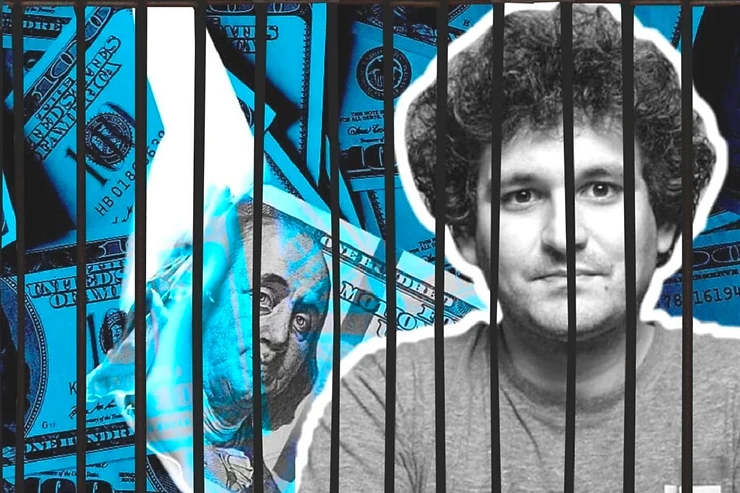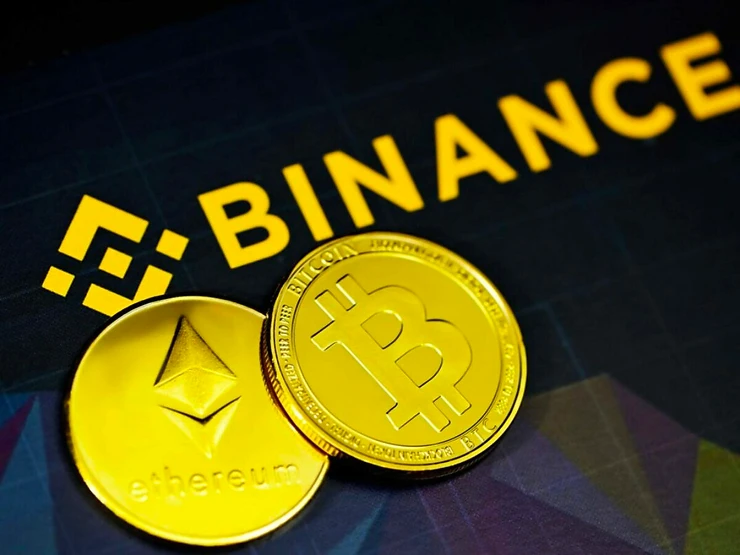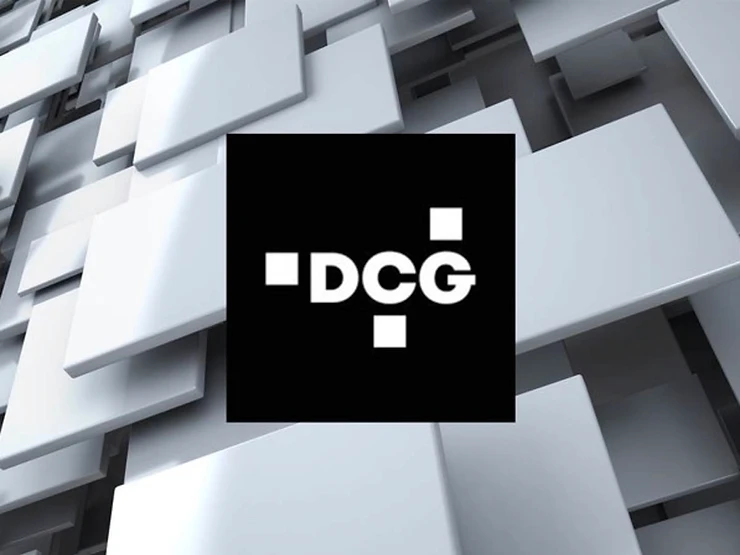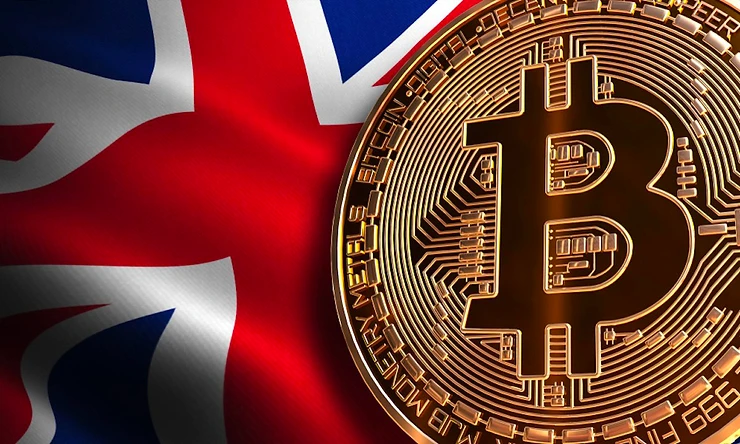Jan 9, 2023
Insights
4 min
Eterna's Insights - December 2022
To receive our Insights newsletter you can sign up here

The Demise of SBF
Sam Bankman-Fried, the founder of FTX, was arrested in the Bahamas after US prosecutors filed criminal charges. A range of charges were filed against him from three different US government agencies: SEC, CFTC, and DoJ. The SEC charged him with two counts of securities fraud, accusing him of violating the antifraud provision of the Securities Exchange Acts of 1933 and 1944. The CFTC charged him with two counts of fraud, with exact details yet to be released, and the DoJ charged him with 8 criminal charges. Following the charges, SBF was extradited to the US and was then released on bail through a $250m bond. Former Alameda Research CEO, Caroline Ellison, and FTX co-founder, Gary Wang, have pleaded guilty to multiple charges and have reportedly accepted plea deals for reduced sentencing in exchange for assistance in the investigation. A class action lawsuit has been filed by FTX users accusing FTX executives of misappropriating customer funds to fund risky strategies and their lavish lifestyles “in direct violation of FTX’s own customer agreements and terms of service.” It was also reported that according to court documents, SBF borrowed hundreds of millions from Alameda Research to acquire his stake in Robinhood. On a more positive note, FTX Japan will allow customers to begin withdrawing their funds in February. The reasoning behind this is that customer funds will not be considered part of FTX Japan’s estate as these assets are being held under Japanese law.

Binance Under the Microscope
Since the collapse of FTX, there has been significant pressure on exchanges to provide Proof of Reserves. As such, Binance hired French auditing firm, Mazars, to provide Proof of Reserves checks, which entail verifying that institutions can cover customer’s funds. Following an announcement that the SEC is increasing scrutiny of the work that audit firms are doing for cryptocurrency companies, Mazars announced that it was pausing all such work. They released a statement saying that it was due to concerns about “the way these reports are understood by the public.” Over this time period, Binance experienced $6bn in customer withdrawals. Even with this all going on, it was announced that Binance US had come to an agreement with bankrupt crypto lender, Voyager Digital, to buy their assets for $1.022bn - this is subject to further review.

DCG Feeling the Pressure
It has been a tough month for Digital Currency Group (DCG). Grayscale Bitcoin Trust, which is managed by DCG, hit a record discount relative to the price of BTC as it dropped past 50%. This came after the SEC reconfirmed that it is denying an application to convert it into an ETF. Other reasons for the discount include the inability for investors to redeem their holdings in exchange for BTC, while being charged a 2% fee and the negative sentiment surrounding DCG due to issues with their subsidiary Genesis Global Trading. Genesis Global Trading was forced to halt withdrawals last month and as part of that they locked up $900m of funds from crypto exchange Gemini’s Earn product. Gemini is currently being sued by investors over the sale of its Earn product.

Payment Solutions Incoming
Metamask announced a PayPal integration with its crypto wallets that will allow users to buy crypto using their PayPal account. Visa has released a paper proposing automatic payments through utilizing Starknet, an Ethereum layer 2 solution. Should this get implemented, it would allow for recurring payments to be done entirely over the blockchain network. Stripe entered the world of Web3 with a fiat to crypto payment offering for Web3 businesses. The offering, which is a customizable widget, can be implemented into any Web3 app allowing customers to instantly purchase crypto.

The Good and the Weird
Starbucks launched the beta of its NFT loyalty program, Odyssey. The program allows rewards members to take part in interactive challenges, or “Journeys,” to win an NFT “Journey Stamp” and bonus points toward overall rewards totals. Points can be redeemed for experiences or merchandise. There is also a marketplace which allows members to sell their Journey stamps to other members. In what was an unexpected move, Donald Trump released a collection of 45,000 NFT trading cards, which feature images of himself in a style similar to baseball cards. The collection sold out a day after its release.

The Devastation of the Mining Industry
The recent crypto winter has devasted the mining industry mainly driven by high energy costs and low Bitcoin prices. One of the largest Bitcoin miners, Core Scientific, filed for Chapter 11 bankruptcy. Another large player, Greenridge Generation, announced a debt restructuring deal with its lender NYDIG, but stated that its continued viability is still uncertain.

Some Regulation?
The UK introduced a number of financial reforms which include extending tax breaks for investment managers covering crypto, consulting on proposals for the establishment of a CBDC, bringing stablecoins into the regulatory perimeter, among others. The Basel Committee on Banking Supervision has finalized global crypto banking rules for implementation in 2025. The committee suggested that a bank exposure to certain crypto assets must not exceed 2% and should be generally lower than 1% of Tier 1 capital.
Disclaimer: this newsletter was put together for informational purposes only based on our review and analysis. This should not be construed as a solicitation, offer, or recommendation to acquire or dispose of any investment or engage in any transaction.
Share this post